Researchers have developed an AI called Centaur that accurately predicts human behavior across virtually any psychological experiment.



A new study by scientists at the University of Colorado Anschutz Medical Campus reveals that joint tissue from patients with early-stage rheumatoid arthritis often have high levels of a protein called granzyme used by the immune system to attack pathogens.
The study also detected remnants of a bacteria that causes gum disease —gingivitis—in the tissue samples. While a connection between gingivitis and rheumatoid arthritis has long been suspected, this is the first time physical evidence of the bacteria in the joint tissue has been detected.
Researchers said the findings strongly support the hypothesis that these bacteria, initially colonizing gum tissue, somehow drive the development of rheumatoid arthritis, at least in some patients. How the bacteria get into the joints remains unknown. These findings, they said, could lead to earlier diagnosis and treatment of this chronic disease.
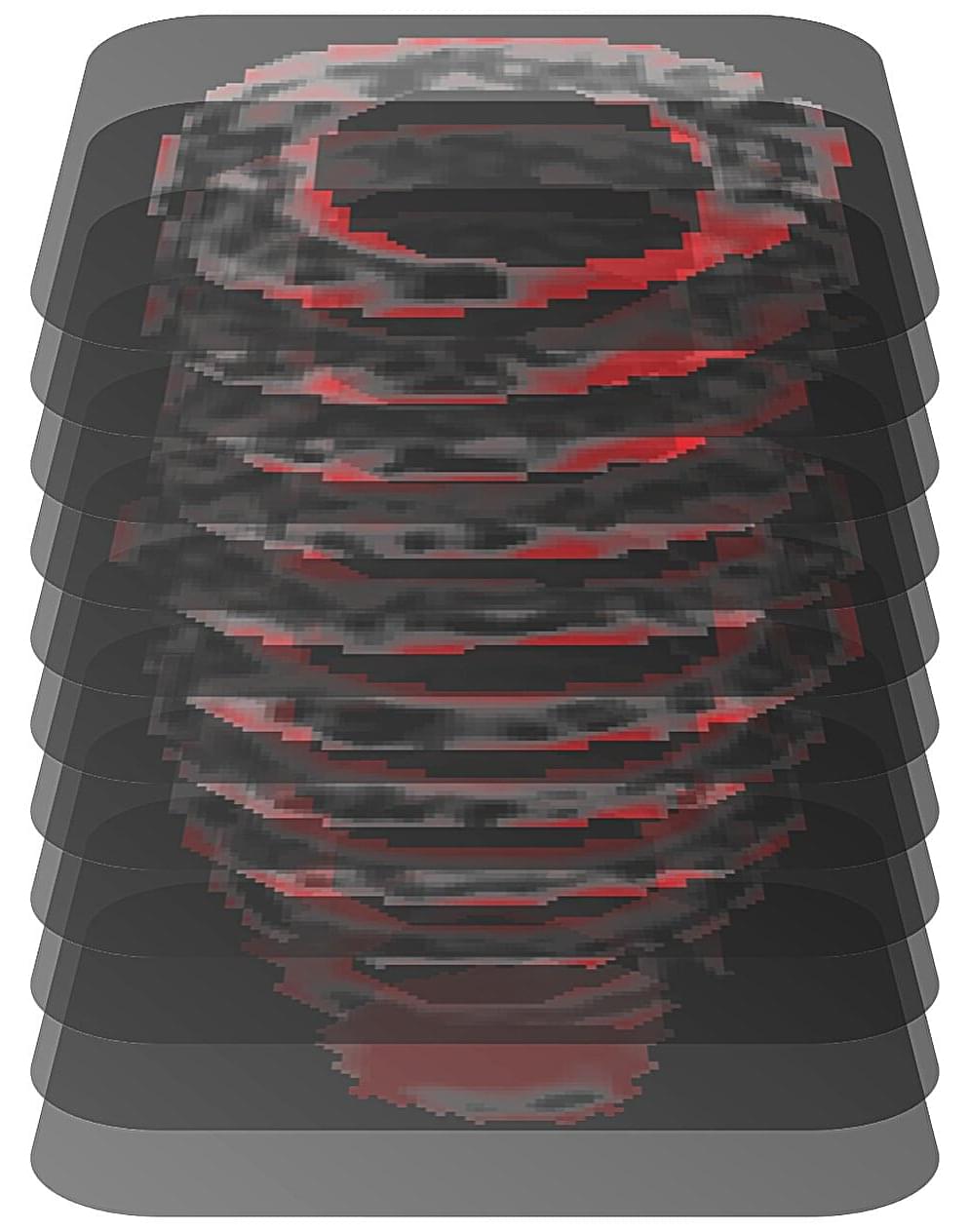
A new AI model is much better than doctors at identifying patients likely to experience cardiac arrest. The linchpin is the system’s ability to analyze long-underused heart imaging, alongside a full spectrum of medical records, to reveal previously hidden information about a patient’s heart health.
The work, led by Johns Hopkins University researchers, could save many lives and also spare many people unnecessary medical interventions, including the implantation of unneeded defibrillators.
“Currently, we have patients dying in the prime of their lives because they aren’t protected and others who are putting up with defibrillators for the rest of their lives with no benefit,” said senior author Natalia Trayanova, a researcher focused on using artificial intelligence in cardiology. “We have the ability to predict with very high accuracy whether a patient is at very high risk for sudden cardiac death or not.”

Light pollution, or artificial light at night (ALAN), is a widespread phenomenon in areas with dense human populations. Normally, animals use natural external cues, like sunlight and temperature, to synchronize their biological rhythms with the day-night cycle. However, ALAN is known to affect the biological rhythms of animals living within its range by altering physiological, molecular and behavioral mechanisms related to sleep-wake cycles (circadian rhythms).
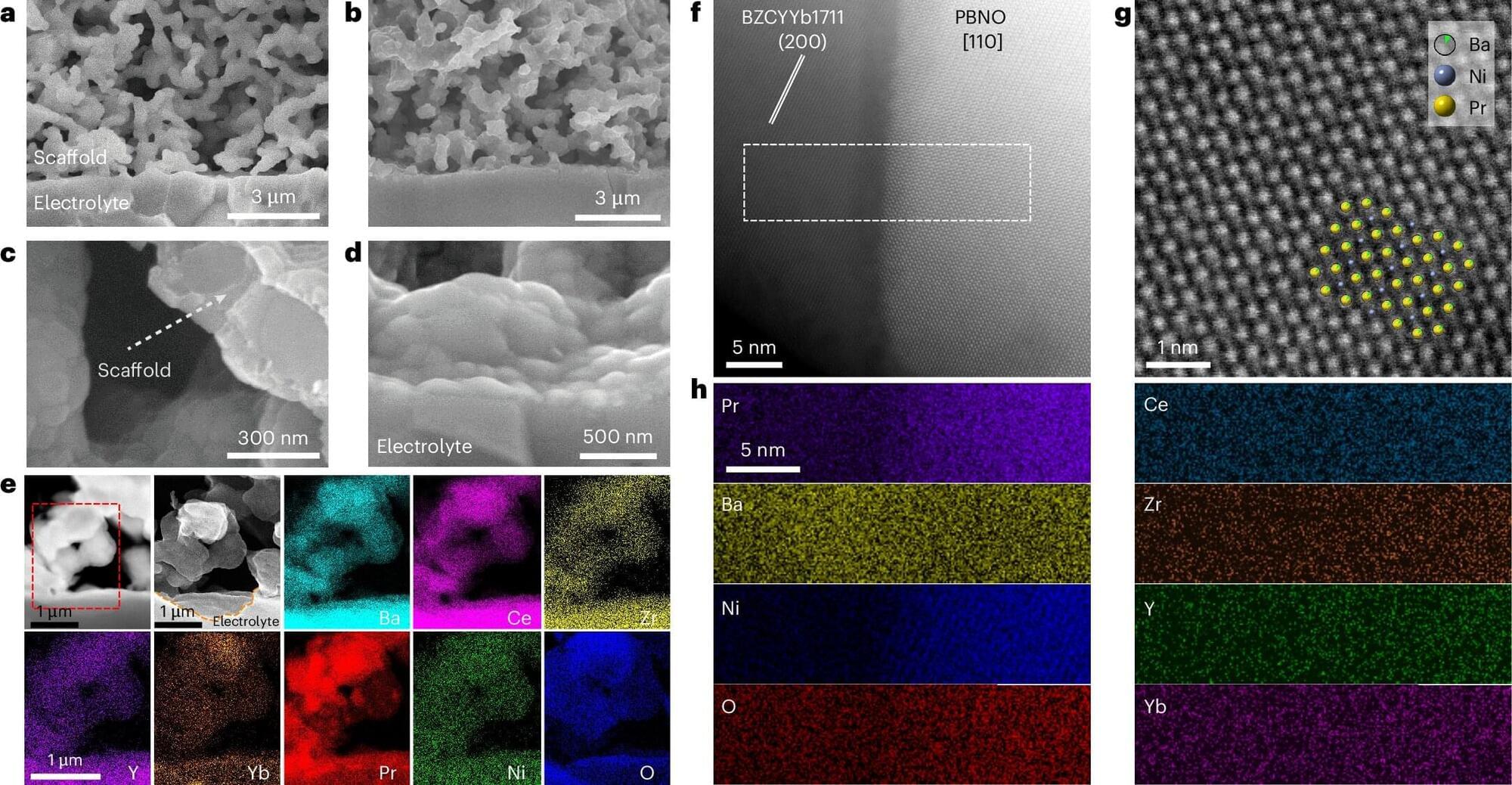
To build a modern-day electrical grid with the flexibility and resilience to handle ebbing and flowing energy sources like solar and wind power, West Virginia University engineers have designed and successfully tested a fuel cell that can switch between storing or making electricity and also generate hydrogen from water.
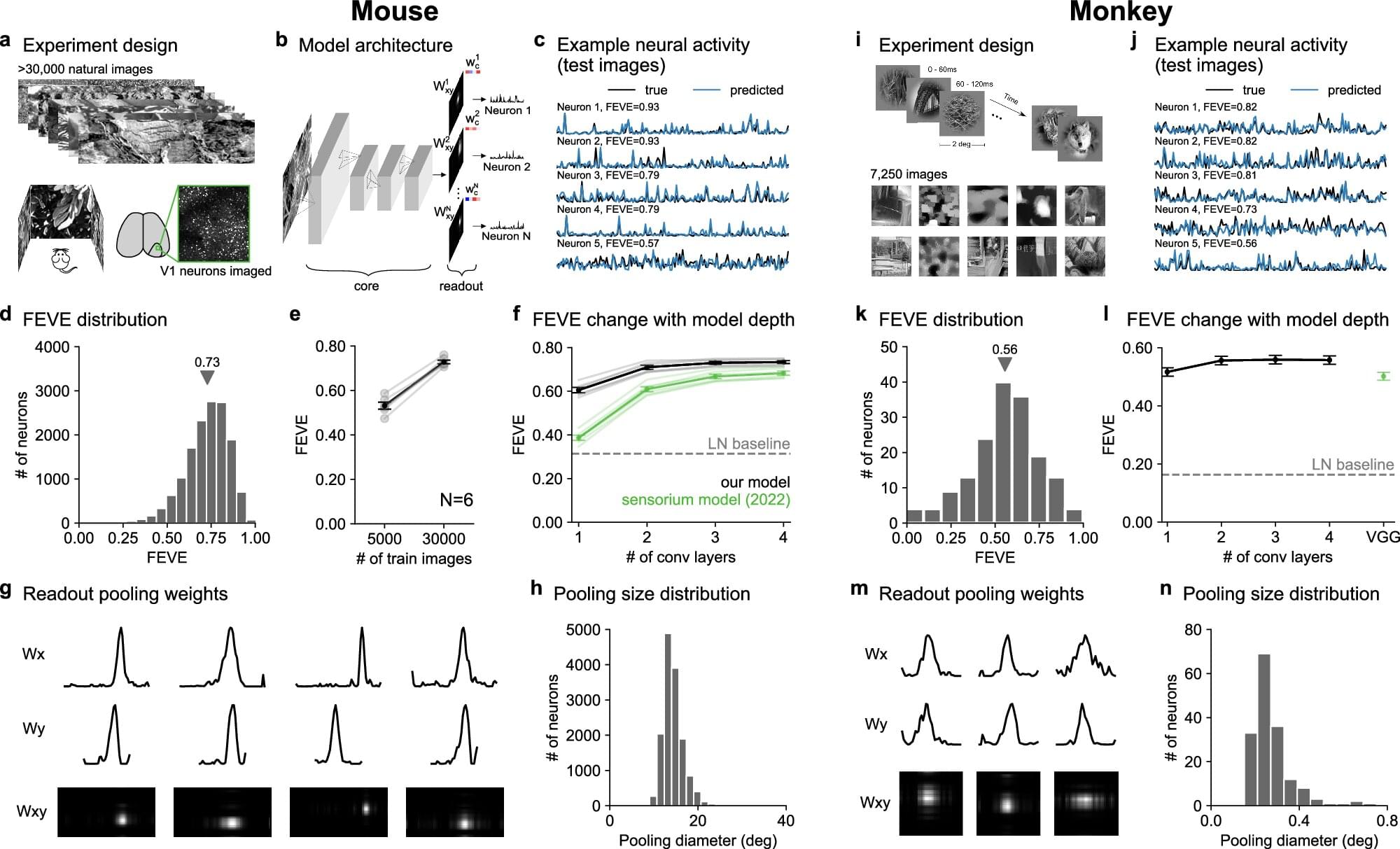
Neuroscientists want to understand how individual neurons encode information that allows us to distinguish objects, like telling a leaf apart from a rock. But they have struggled to build computational models that are simple enough to allow them to understand what individual neurons are doing.
To address this challenge, researchers in the Stringer and Pachitariu labs at Janelia set out to create a simpler model to explain what’s going on in the primary visual cortex —the first stop in the brain for visual data. Their paper is published in the journal Nature Communications.
“We are trying to build a model that can predict the visual responses of each individual neuron,” says Fengtong Du, a graduate student in the Stringer Lab who led the new research.
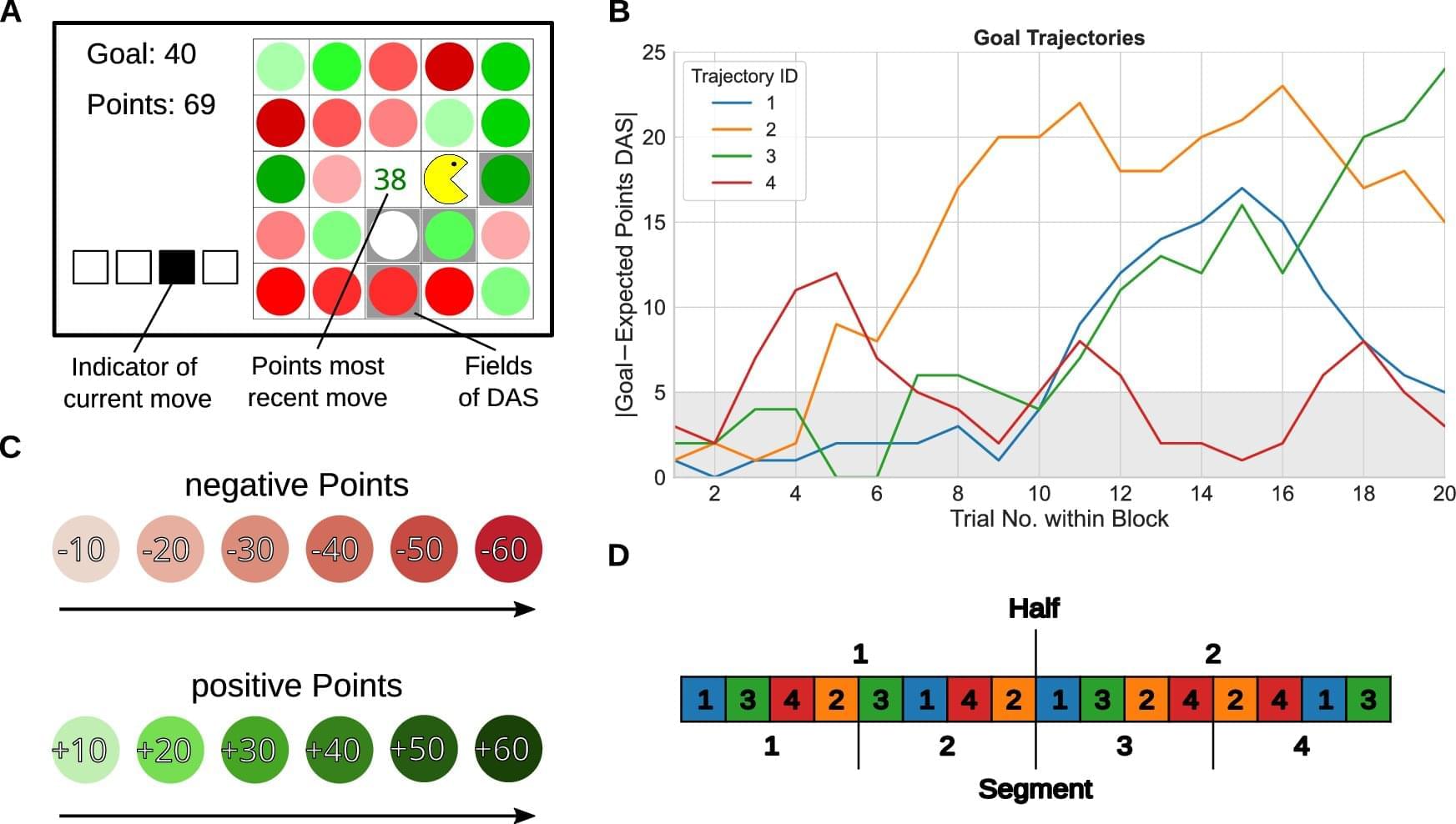
Behavioral scientists have been trying to uncover the patterns that humans follow when making decisions for decades. The insights gathered as part of their studies can help shape public policies and interventions aimed at prompting people to make better decisions, both for society and for their own well-being.
In many cases, humans are known to make decisions that they think will maximize the rewards they receive while minimizing their losses. Sometimes, however, people’s choices are guided by automatic processes that they are unaware of and can be adversely impacted by so-called biases, systematic tendencies to fall into specific patterns of thought or behavior.
Researchers at TUD Dresden University of Technology recently carried out a study exploring the possibility that repeating specific decisions over time could bias decision-making, even in instances in which people’s actions affect the rewards they will receive. Their findings, published in Communications Psychology, suggest that when making sequential decisions (i.e., when asked to make a series of choices back-to-back), humans often tend to repeat familiar actions, even if alternative ones would yield greater rewards.
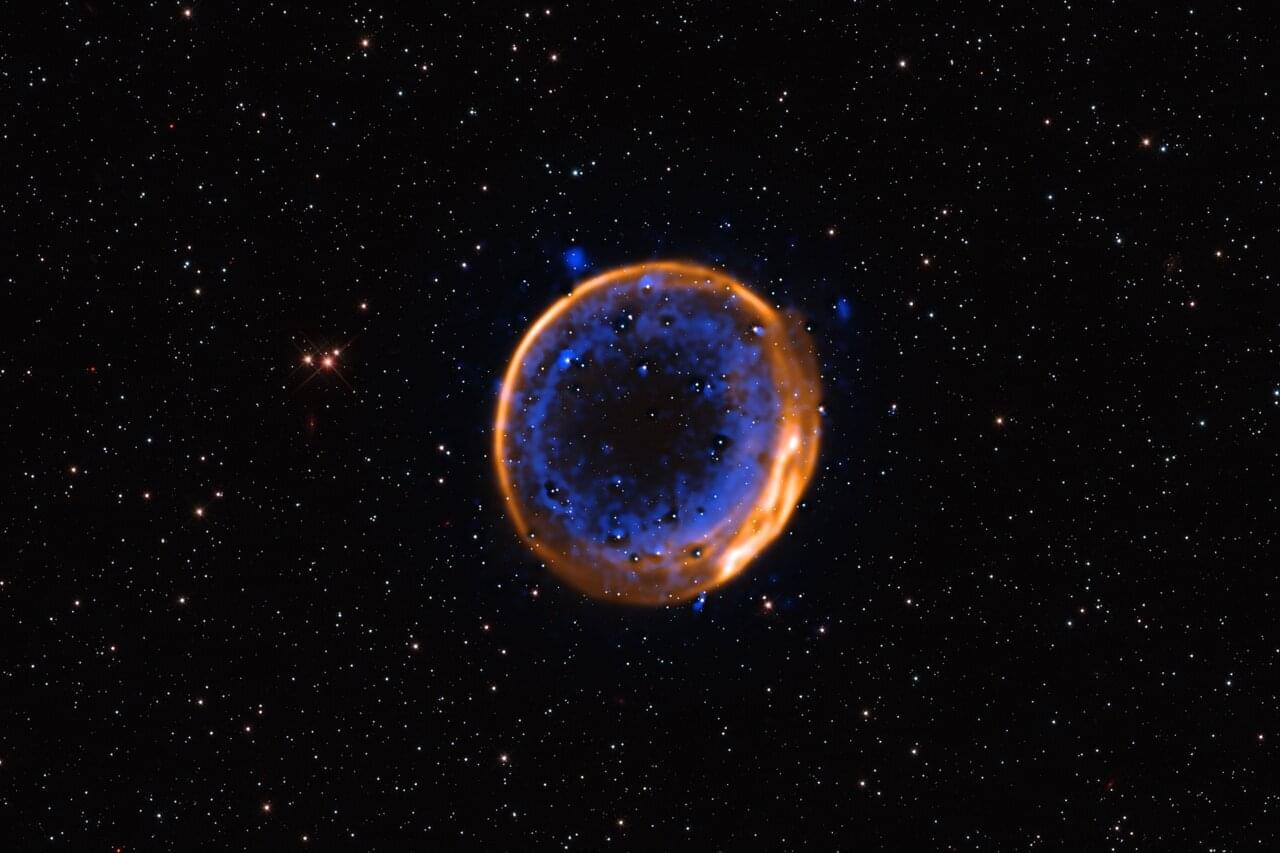
For the first time, astronomers have obtained visual evidence that a star met its end by detonating twice. By studying the centuries-old remains of supernova SNR 0509–67.5 with the European Southern Observatory’s Very Large Telescope (ESO’s VLT), they have found patterns that confirm its star suffered a pair of explosive blasts.
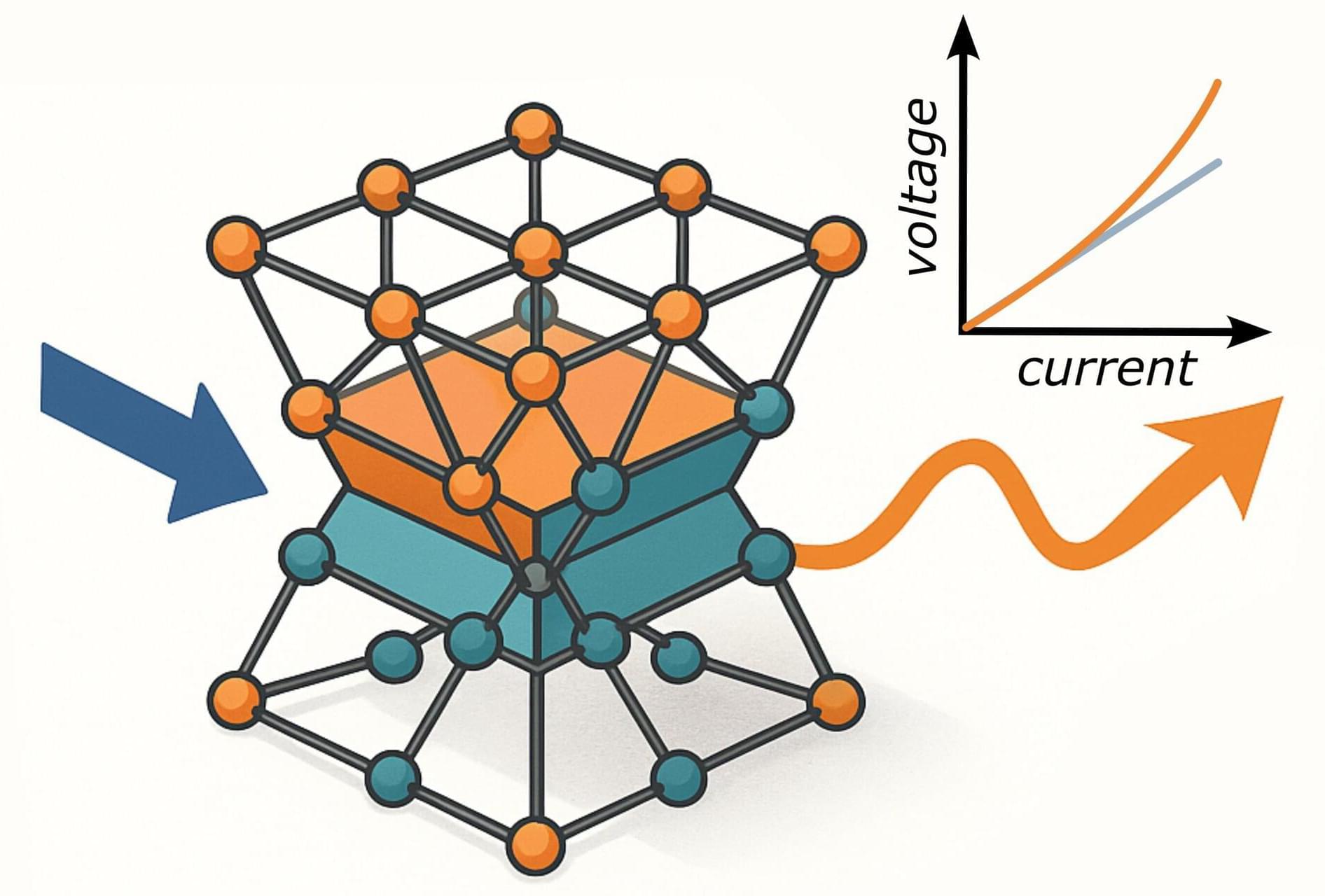
In a review just published in Nature Materials, researchers take aim at the oldest principle in electronics: Ohm’s law.
Their article, “Nonlinear transport in non-centrosymmetric systems,” brings together rapidly growing evidence that, when a material lacks inversion symmetry, the familiar linear relation between current and voltage can break down, giving rise to striking quadratic responses.
The study was led by Manuel Suárez-Rodríguez—working under the guidance of Ikerbasque Professors Fèlix Casanova and Luis E. Hueso at CIC nanoGUNE, together with Prof. Marco Gobbi at the Materials Physics Center (CFM, CSIC-UPV/EHU).

During the COVID-19 pandemic when many were stuck at home, people adopted more pets than average, but then struggled to find adequate veterinary care. Kayla Pasteur of Purdue University, U.S., and colleagues reported these findings and other pandemic pet trends, which were published in a study in the open-access journal PLOS One.
In the U.S., about 58 million U.S. households keep one or more dogs and 40 million keep at least one cat. These animals often provide a source of enjoyment, stress relief and social support in the home, so it’s no surprise that during the COVID-19 pandemic, there was an increase in pet purchases and adoptions.
In the new study, researchers investigated trends in pet ownership during the pandemic to understand which groups were acquiring pets and how the pandemic impacted their ability to access veterinary care. The team analyzed answers to an online survey of 751 U.S. residents – of which 79% were pet owners – conducted in late 2021.